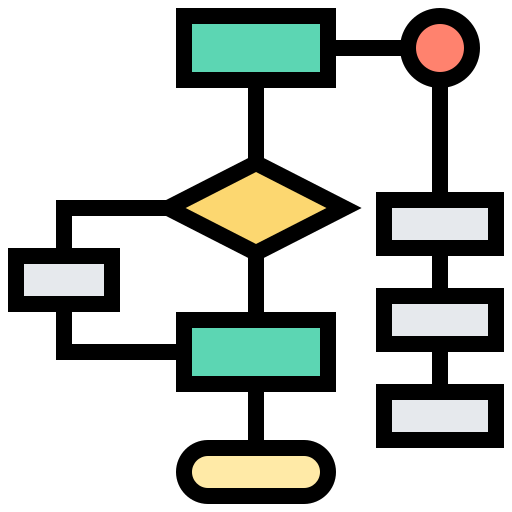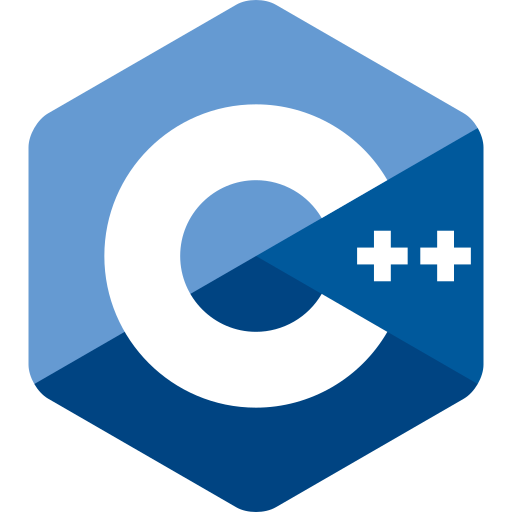Content
Extreme A Arrays start at 0 e.g: C Statically typed e.g: Rust snakecase variable names e.g: C Current object is self e.g: Rust One number type e.g: TypeScript Garbage-collected e.g: C Objects passed by value e.g: C Tiny standard library e.g: C Extreme B Compromise Arrays start at 1 e.g: Lua Dynamically typed eg: Python camelCase variable names e.g:java Current object is this e.g: C Separate integer and float types e.g: C Manual resource management e.g: C Objects passed by reference e.g: Python Giant standard library e.g: Python Arrays start at 0.5 Changing a variable's type requires calling .changeType () stretchyCamelCase Current obiect is seis "Separate" integer and float types (by name) but they behave the exact same Manually mark resources to be garbage collected Odd arguments by value, even arguments by reference Giant standard library, but it's full of niche stuff and has none of the commonly used stuff

 AI
AI
 AWS
AWS
 Agile
Agile
 Algorithms
Algorithms
 Android
Android
 Apple
Apple
 Bash
Bash
 C++
C++
 Csharp
Csharp







